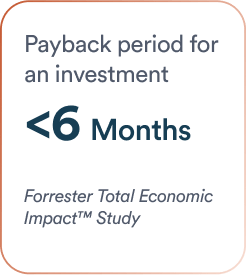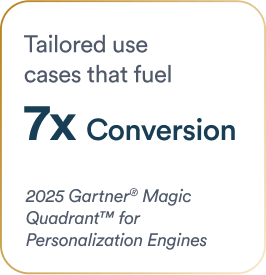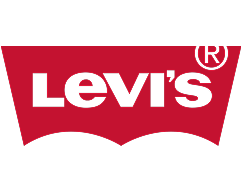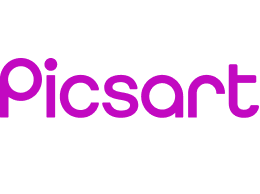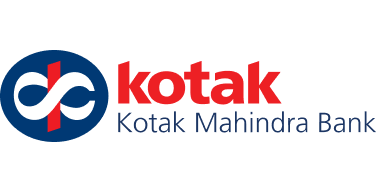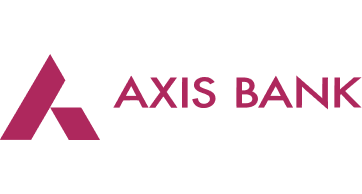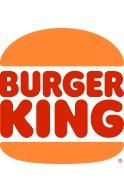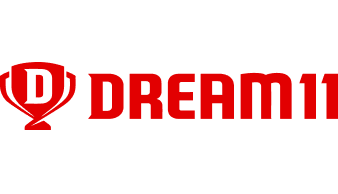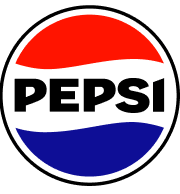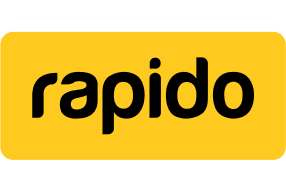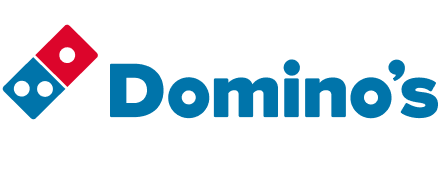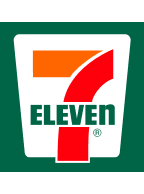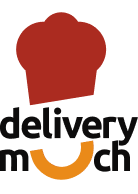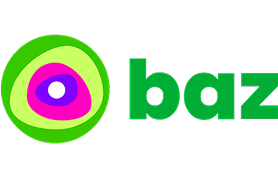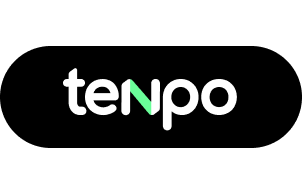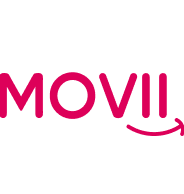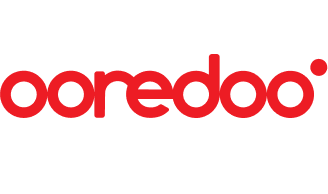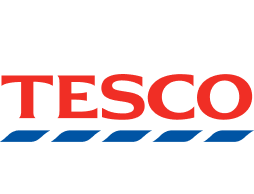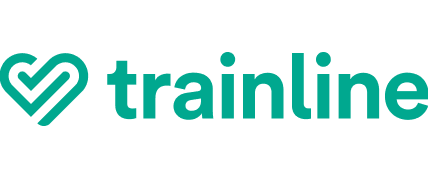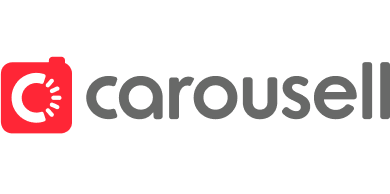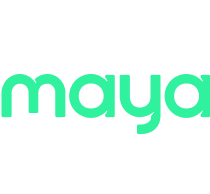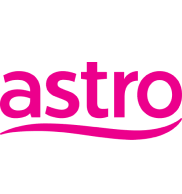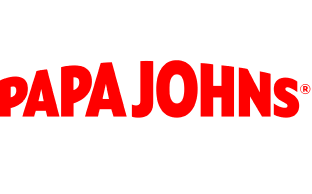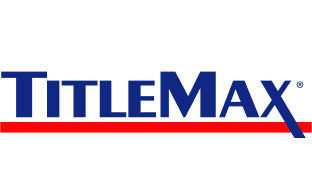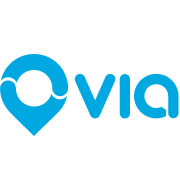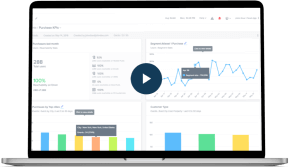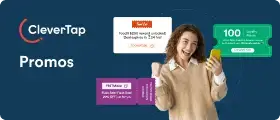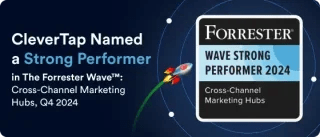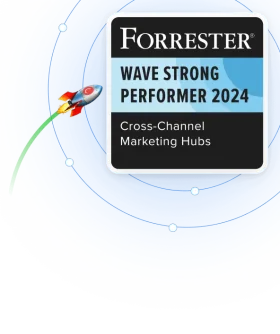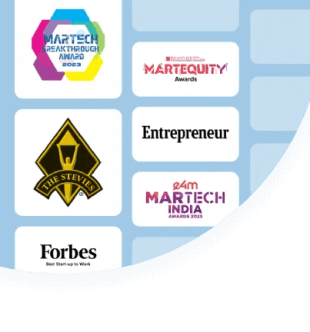Customer loyalty programs help attract, engage, and satisfy your customers. Here is an in-depth exploration of successful customer loyalty program examples across various industries and best practices to improve your customer retention.
Loyal customers are arguably one of the most valuable assets any brand can have. Not only are current customers more affordable than acquiring new ones, but loyal customers typically spend more and generate larger transactions.
In fact, 57% of consumers spend more on brands to which they are loyal.* 70% of Macy’s transactions in 2021 were tied to its loyalty program.* The company said more than 3.5 million new members signed up for the lowest tier of its Star Rewards program in the last quarter of 2021 alone.
What Are Customer Loyalty Programs?
A customer loyalty program is a strategy designed to encourage repeat business, where a brand offers its customers rewards, discounts, and other incentives in order to attract and retain their business. These programs are designed to build loyalty, and it pays off when done well.
In fact, studies on customer loyalty program examples have found that 75% of consumers favor brands that offer rewards programs.* Since consumers are getting something beneficial from their continuous business, it gives them an additional incentive to stay loyal to the brand.
There are various types of customer loyalty programs, each with their own strategy.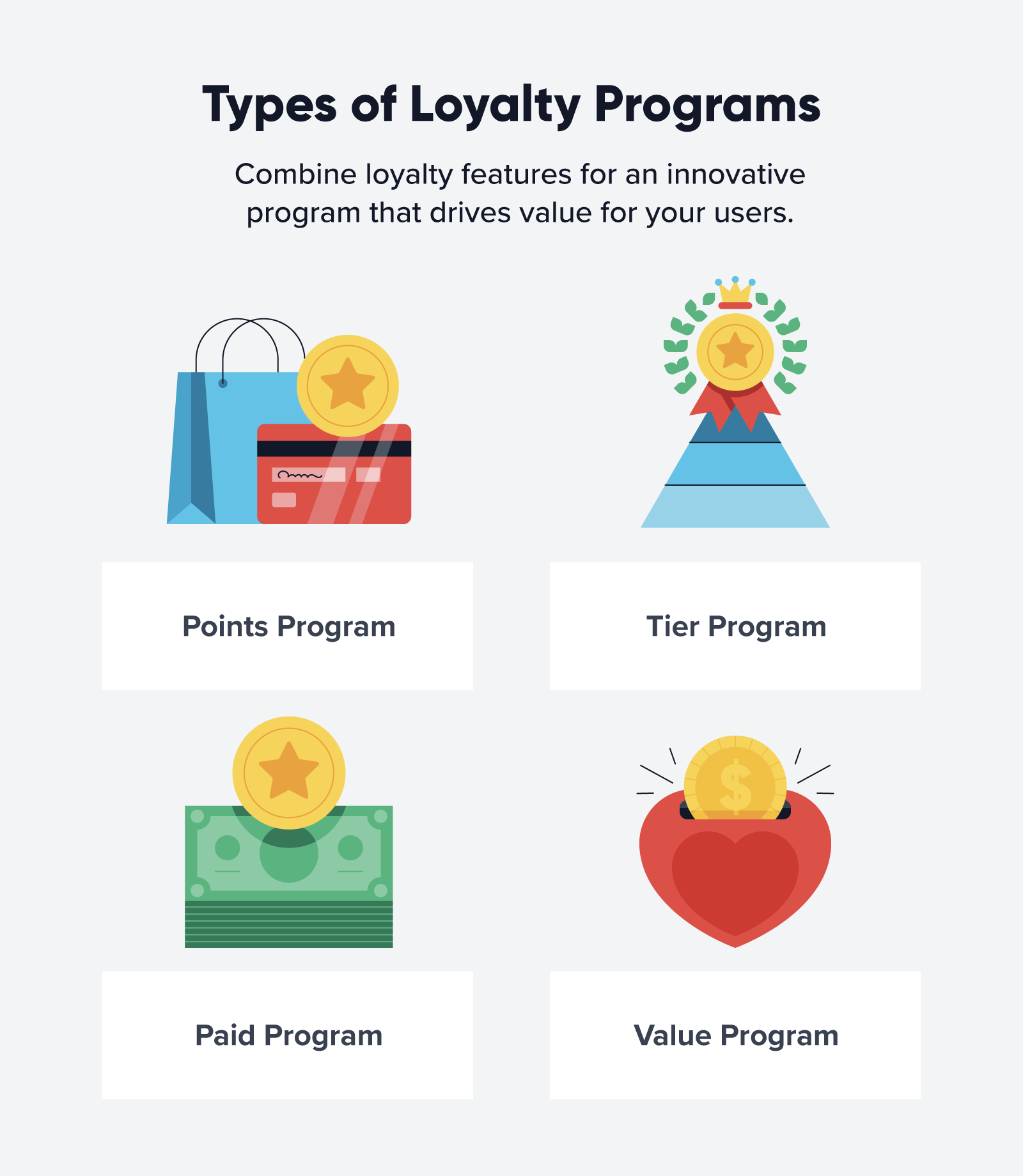
Points Programs
A points-based program is the most common type of loyalty program. They let customers accumulate points with their purchases which they can redeem for free products and other perks.
Some points programs even allow customers to earn points through other ways like leaving reviews, sharing posts on social media, having a birthday, and so on.
Tier Programs
A tier-based loyalty program is where a customer will get different benefits depending on their rank. The higher a customer is ranked, the better their rewards will be.
To get to a higher tier and earn exclusive rewards, customers need to buy and engage more with a brand. Businesses will then rank their customers based on sales metrics and engagement.
Paid Programs
A paid loyalty program is when a customer receives immediate and continuous benefits once they pay a recurring or one-time fee. If a company can convince consumers of the value of their program, it can build higher customer value.
A 2020 survey reported that consumers are 60% more likely to spend more on a brand after subscribing to a paid loyalty program.* If a customer is paying for a loyalty membership, they’ll want to get as much out of the program as possible.
Value Programs
A value-based loyalty program is when a business donates a percentage of their sales profits to a charity or organization rather than offering the customer a reward.
This is a great way for brands to embrace advocacy for various social, environmental, and economic issues. The reward for the customer is knowing that their contribution of buying from the brand is going to something that benefits society.
Brands are not limited to using one program type. Combining different strategies can be an innovative way to earn customer loyalty and make the loyalty program unique and effective.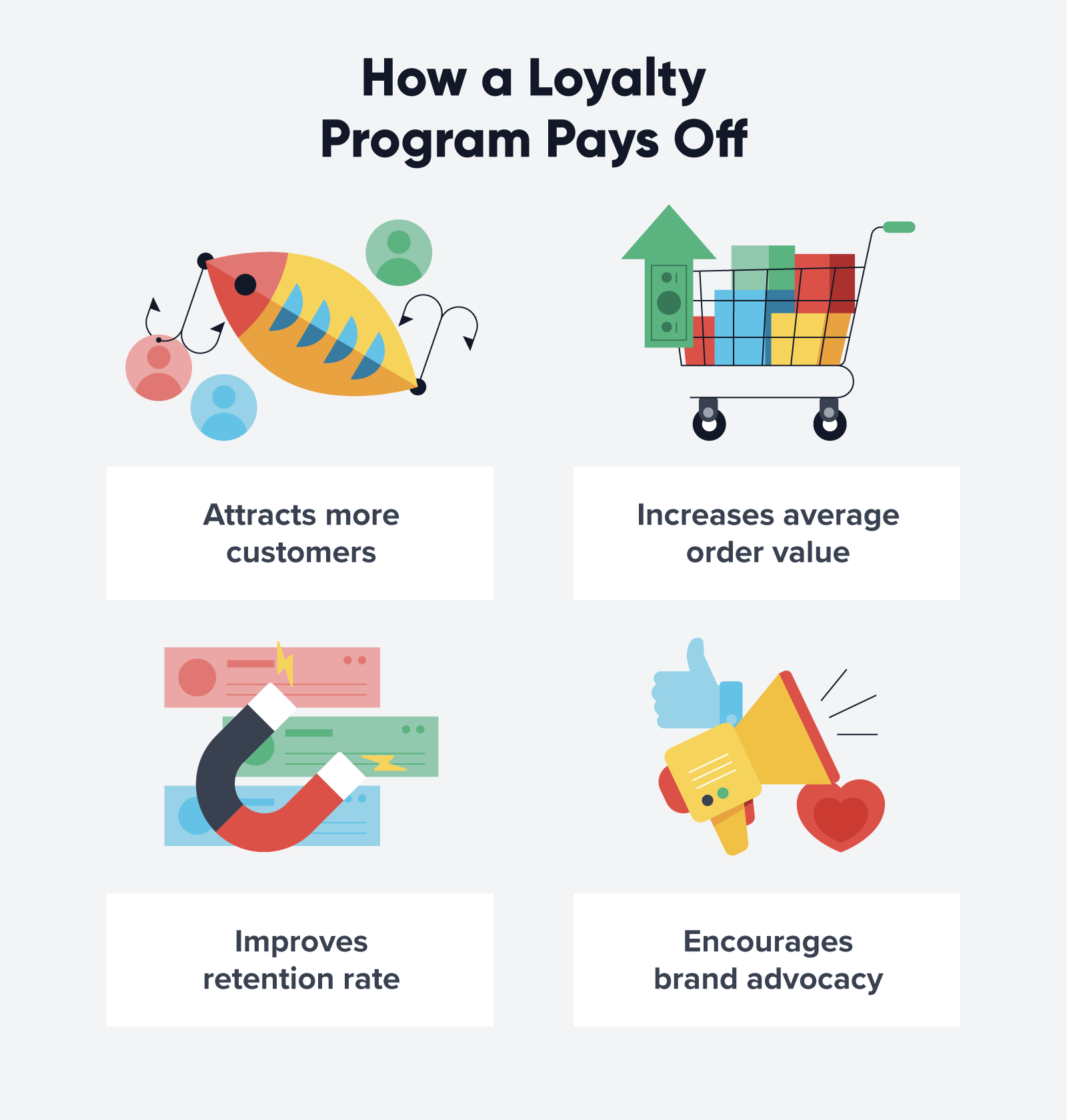
What Do Customers Want From a Loyalty Program?
While loyalty programs are a great way to retain loyal customers, they are also a great way to acquire new ones. In fact, 75% of consumers say they would switch brands for a better loyalty program.*
With that being said, it begs the question: What do customers really want from a loyalty program?
- Enticing rewards: Customers want offerings like free products and discounts as rewards for their loyalty.
- Exclusive deals: Consumers want offerings like free shipping or exclusive access to sales, making them an honored customer.
- Hassle-free usage: Customers want hassle-free programs with limited maintenance to make it easy to sign up and use.
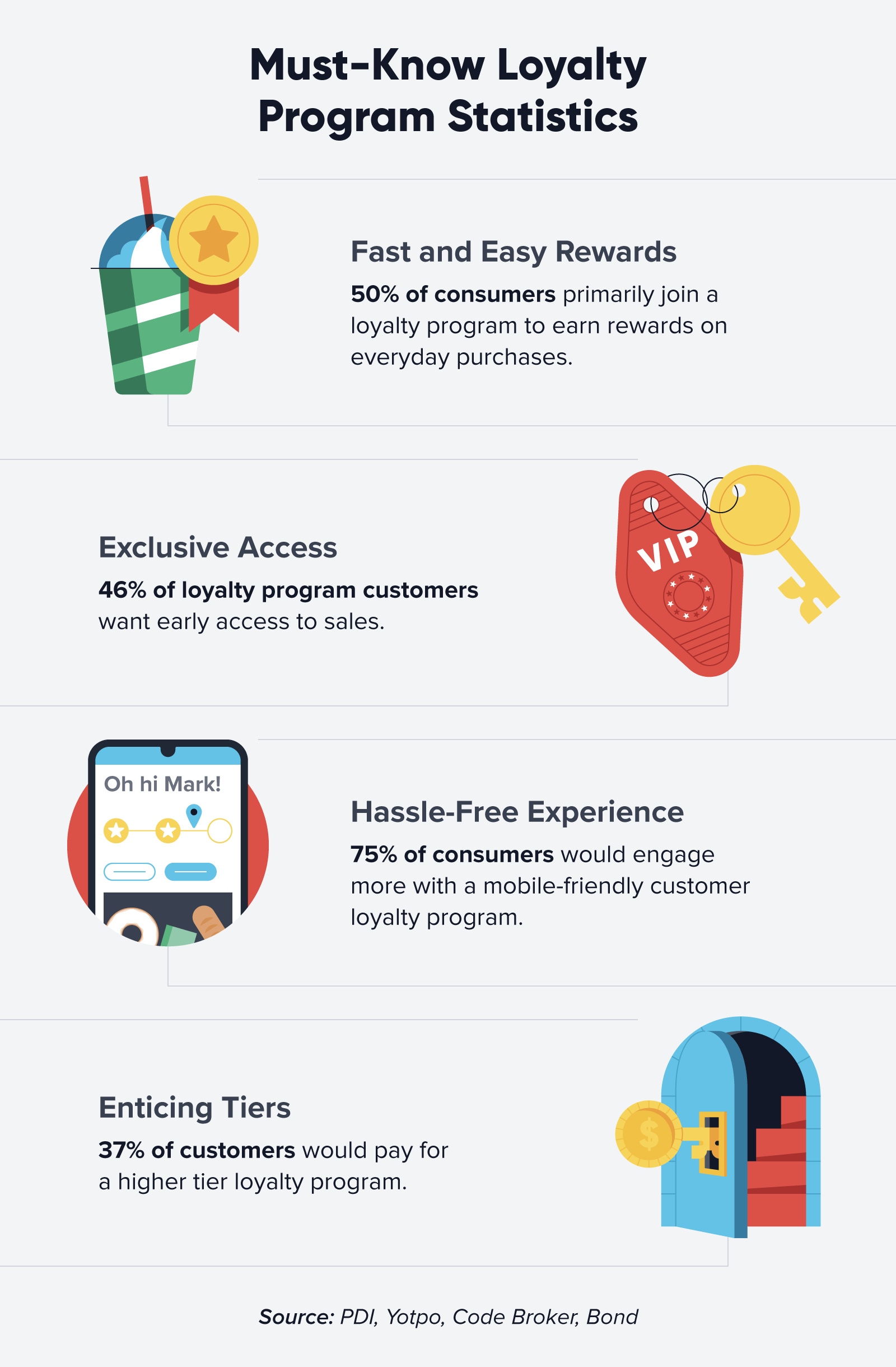
You might like to read: How to Measure Customer Loyalty using proven metrics and formulas.
Customer Loyalty Program Examples
The following customer loyalty program examples highlight how big brands are personalizing their loyalty programs to engage and retain customers. They’re investing in making loyalty programs convenient and flexible for their customers.
1. Starbucks: Starbucks Rewards
For most people, coffee and other caffeinated beverages are a part of the morning commute, so they may as well get in on a loyalty program that’ll reward their caffeine cravings.
The Starbucks Rewards program does just that by bringing customers closer to free drinks and food with every purchase. To earn loyalty points (or, in Starbucks’ case, loyalty stars), customers need to order or pay using the Starbucks app. They can then redeem those stars to get free drinks, food, and even Starbucks merchandise.
Not only does this make it easy and convenient for customers to use regularly, it also allows Starbucks to gain valuable insight into behavioral analytics. From go-to drink orders to seasonal favorites, Starbucks can gather information on all of these habits, allowing them to offer more relevant rewards to their customers.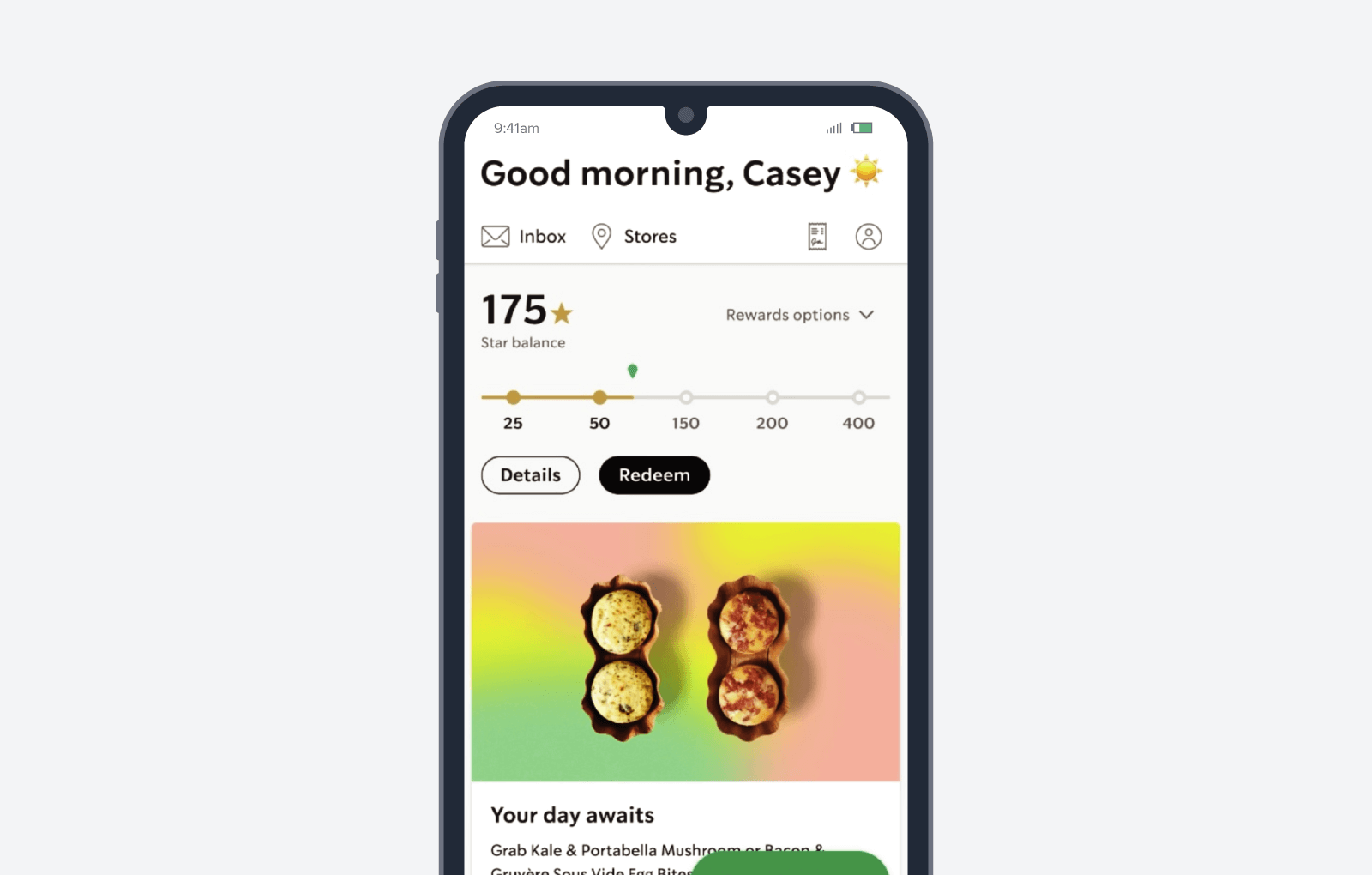
2. The North Face: XPLR Pass
In the outdoor apparel and gear industry, it’s fair to say that most of their customers value experiences over material items.
The North Face allows their loyal XPLR Pass members to earn points by purchasing merchandise or attending special events, whichever works for the specific customer’s lifestyle.
When it comes to redeeming their points, customers can use their points towards unique travel experiences such as a mountain climbing trip in Nepal.
Not only that, but the XPLR Pass gives customers early access to limited-edition collections, exclusive access to products not yet available to the general public, and member-only field testing to allow customers to test products to make sure it’s the right fit for their needs.
Rather than offering basic discounts, The North Face curates experiences that help build a stronger connection between consumer and brand which speaks directly to their target market.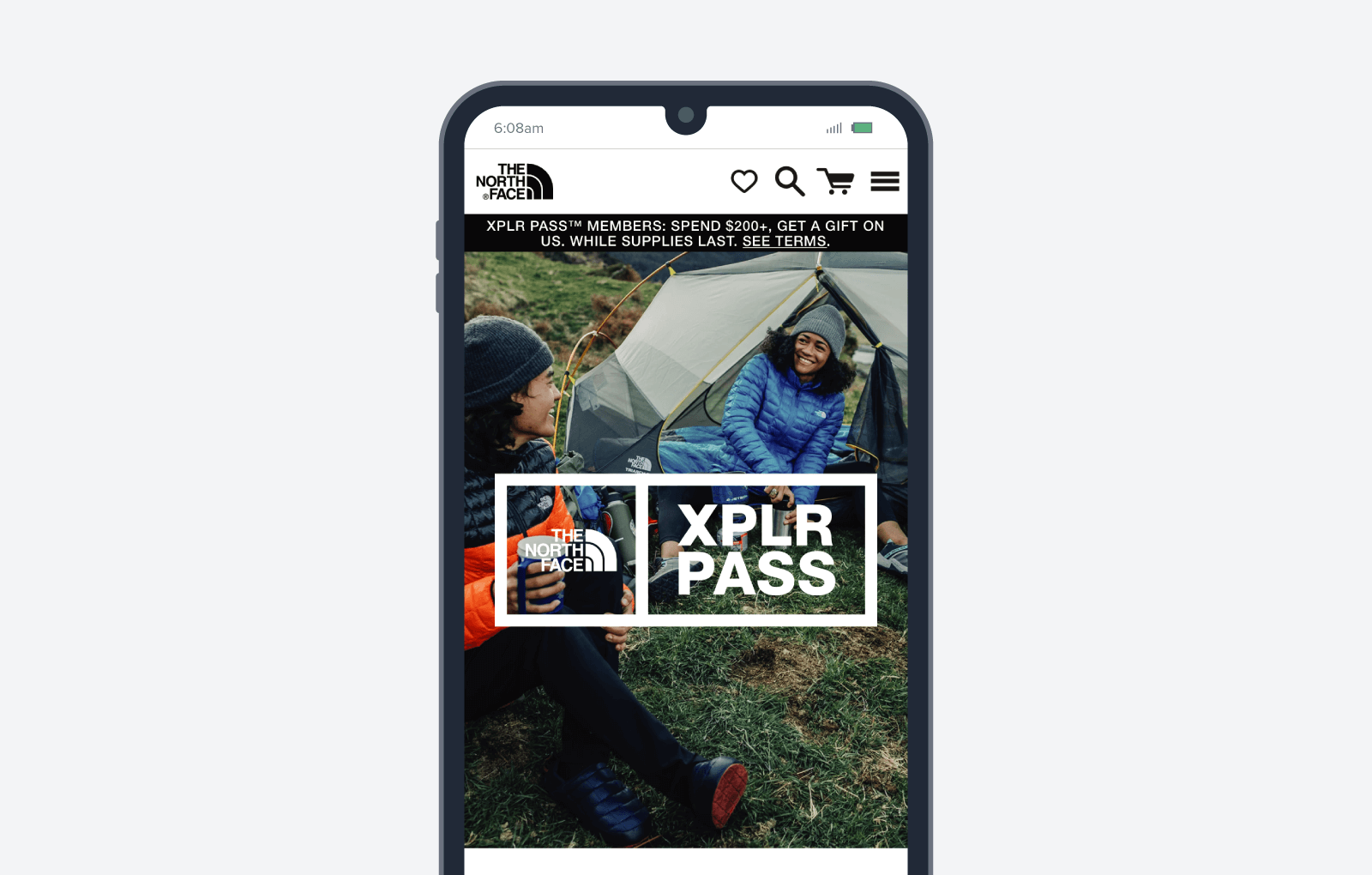
Customer Loyalty Tier Program Examples
3. Designer Shoe Warehouse: DSW VIP
While earning points in exchange for discounts and free products is effective, adding in a tier program helps gamify the experience by allowing customers to unlock new levels of higher-value benefits for spending more on the brand.
Designer Shoe Warehouse’s (DSW) loyalty program is the perfect example of a successful tier-based program. By spending more, customers access higher tiers that offer exclusivity to different products and services.
This motivates their customers in lower tiers to spend more so that they can attain these higher tiers of exclusivity.
DSW even went the extra mile by launching a personalized email campaign that details customers’ current eligibility, how much they’ve saved since becoming a DSW VIP member, and how many more points they need for their next reward.
4. Sephora: Beauty Insider
With Sephora’s Beauty Insider program, customers can earn points for every purchase they make and redeem those points for rewards of their choosing — usually in the form of samples or exclusive merchandise — via the Rewards Bazaar.
Not only do members get to choose their own rewards, but they also receive access to the Beauty Insider Community, where beauty lovers can share tips, advice, and all the new products that they love.
With its tier structure, customers can earn better and better rewards for their loyalty, even gaining access to exclusive events at the highest tier. Plus, higher-tiered customers receive bigger discounts during sales events.
Sephora’s online beauty community adds an emotional element and strengthens customers’ relationship with the brand. This makes the entire experience more valuable to its customers and thus more successful.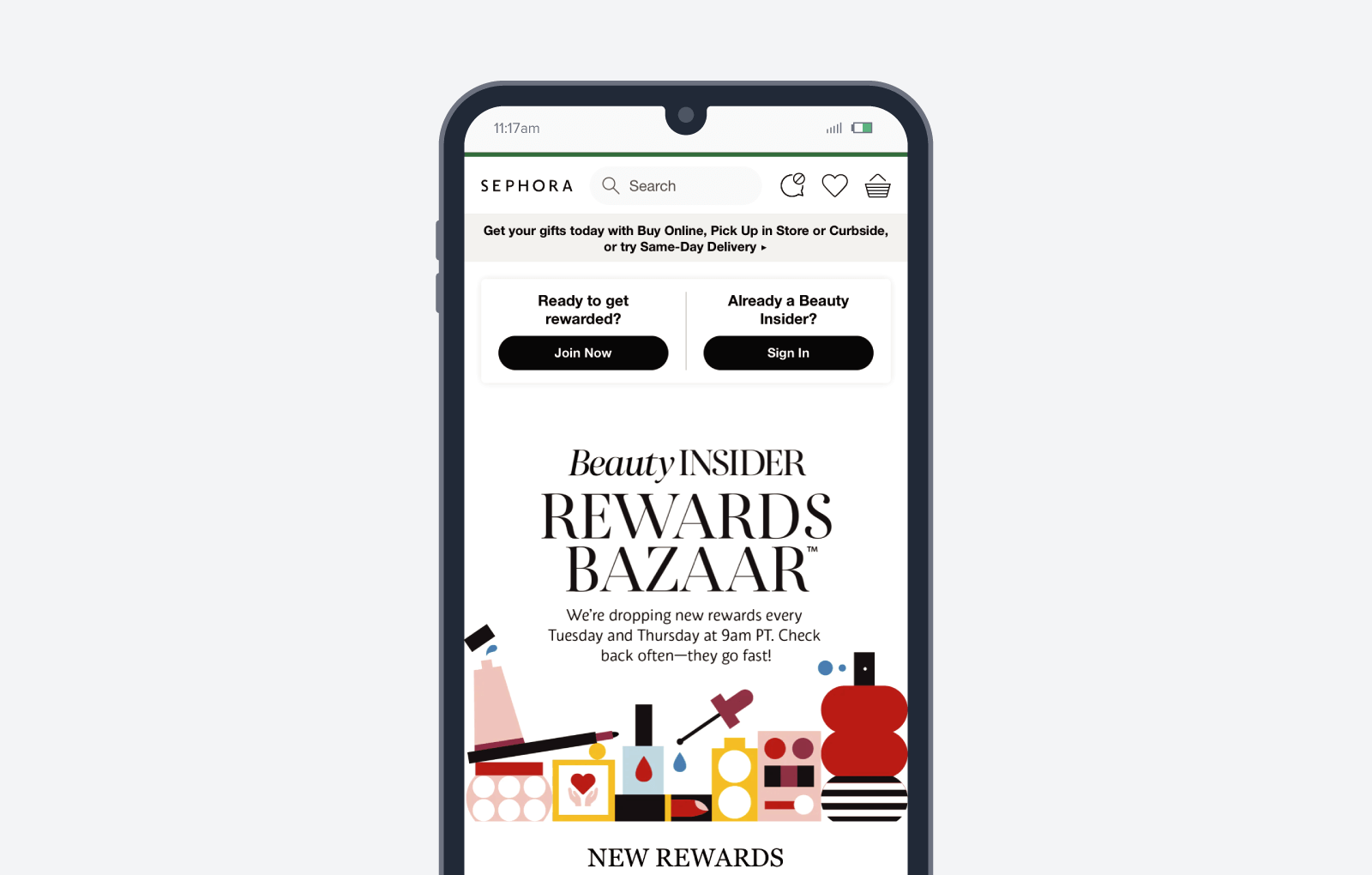
5. Uber: Uber Rewards
Although the ridesharing industry is fairly new, Uber has gone above and beyond taking over the industry. They offer a variety of services that cater to just about any individual’s specific needs as well as a loyalty program that’s very valuable.
When you become an Uber Rewards member, you earn points with every eligible dollar spent on rides and UberEats orders. These points can then add up to Uber Cash Rewards and other benefits like priority pickup and flexible cancellation.
The more points that are ranked up, the higher the membership level, which unlocks even more rewards and benefits. Their mobile loyalty program is designed to provide users with various benefits that allow them extra time, flexibility, and control — leading to a better customer experience.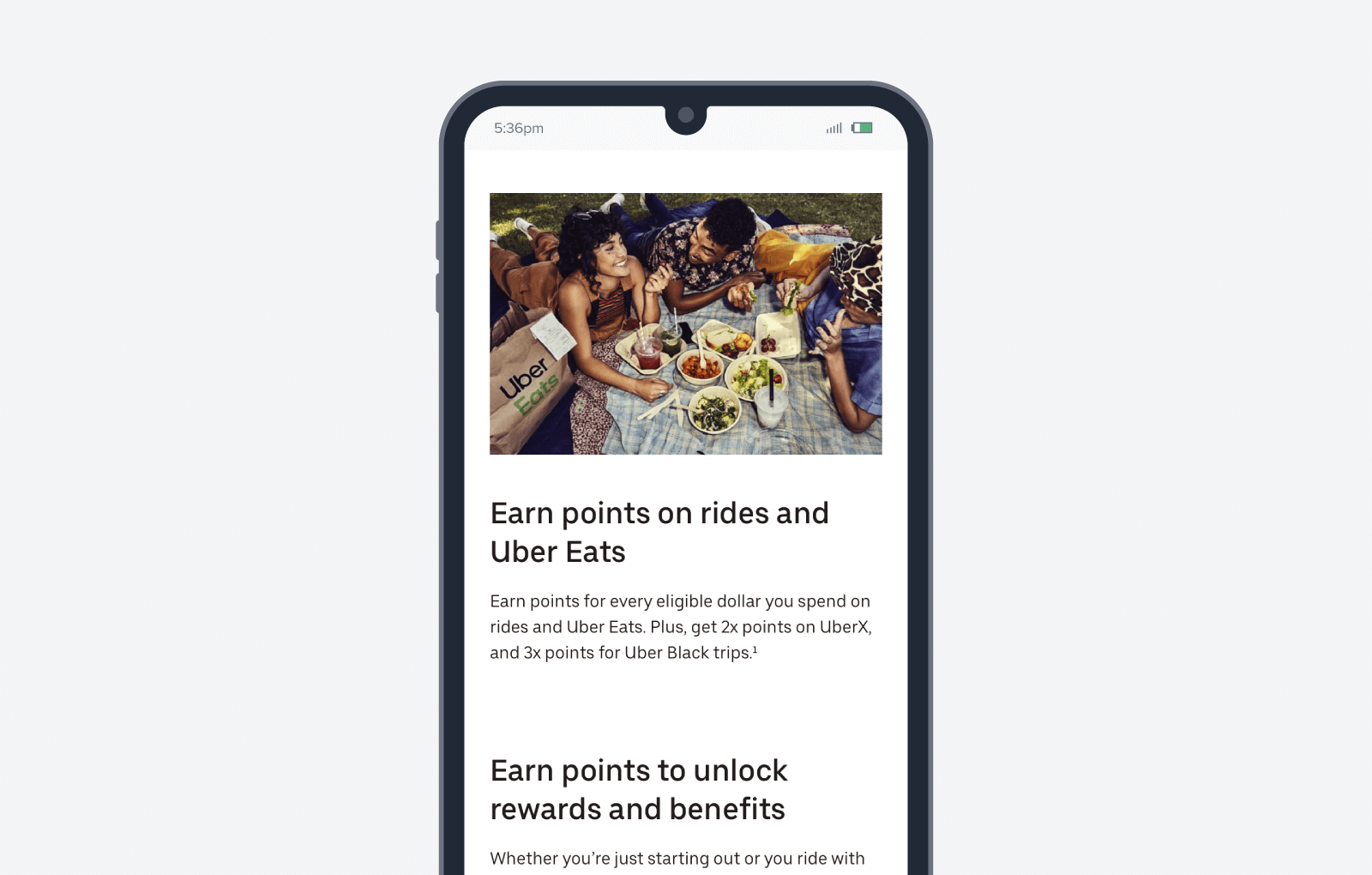
Understand the key factors that impact the cost of building a loyalty program and how to optimize your investment.
6. Alaska Airlines: Mileage Plan
Whether you are a frequent business flyer or have a love for traveling, joining an airline’s customer loyalty program is a must. While basically every airline has a rewards program, Alaska Airlines’ award-winning Mileage Plan does it best.
Alaska’s Mileage Plan is a tier-based program that lets customers earn miles, experience award travel, and gain their top-tier MVP elite status faster than any other airline.
From two free checked bags to priority seating, Alaska Airlines makes it fast and easy for their customers to gain exclusive benefits while traveling.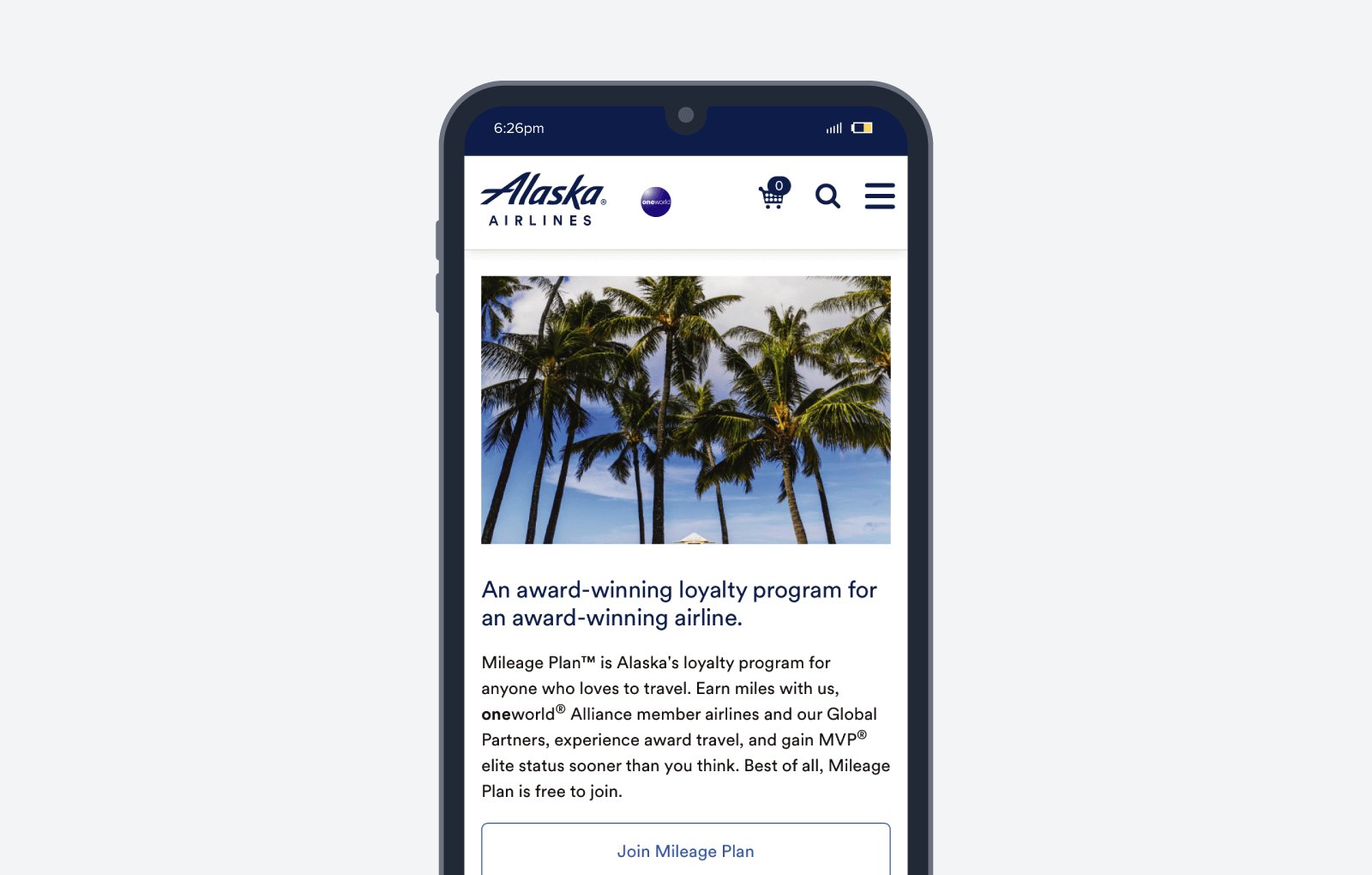
7. Expedia: Expedia Rewards
From flights to hotel rooms, Expedia offers a way to save money while traveling. With their rewards program, Expedia Rewards, members save an average of $35 per booking with the points they earn.
The more you travel, the more points and rewards you get with their three-tier program. From 10% savings with Blue member status to free upgrades and spa credits with Gold status, customers can achieve luxurious travel perks at an affordable price.
Since customers can earn points any time they book a service, it’s easy to rack them up and reap the benefits, which incentivizes them to stay loyal and book with Expedia for all their travel needs.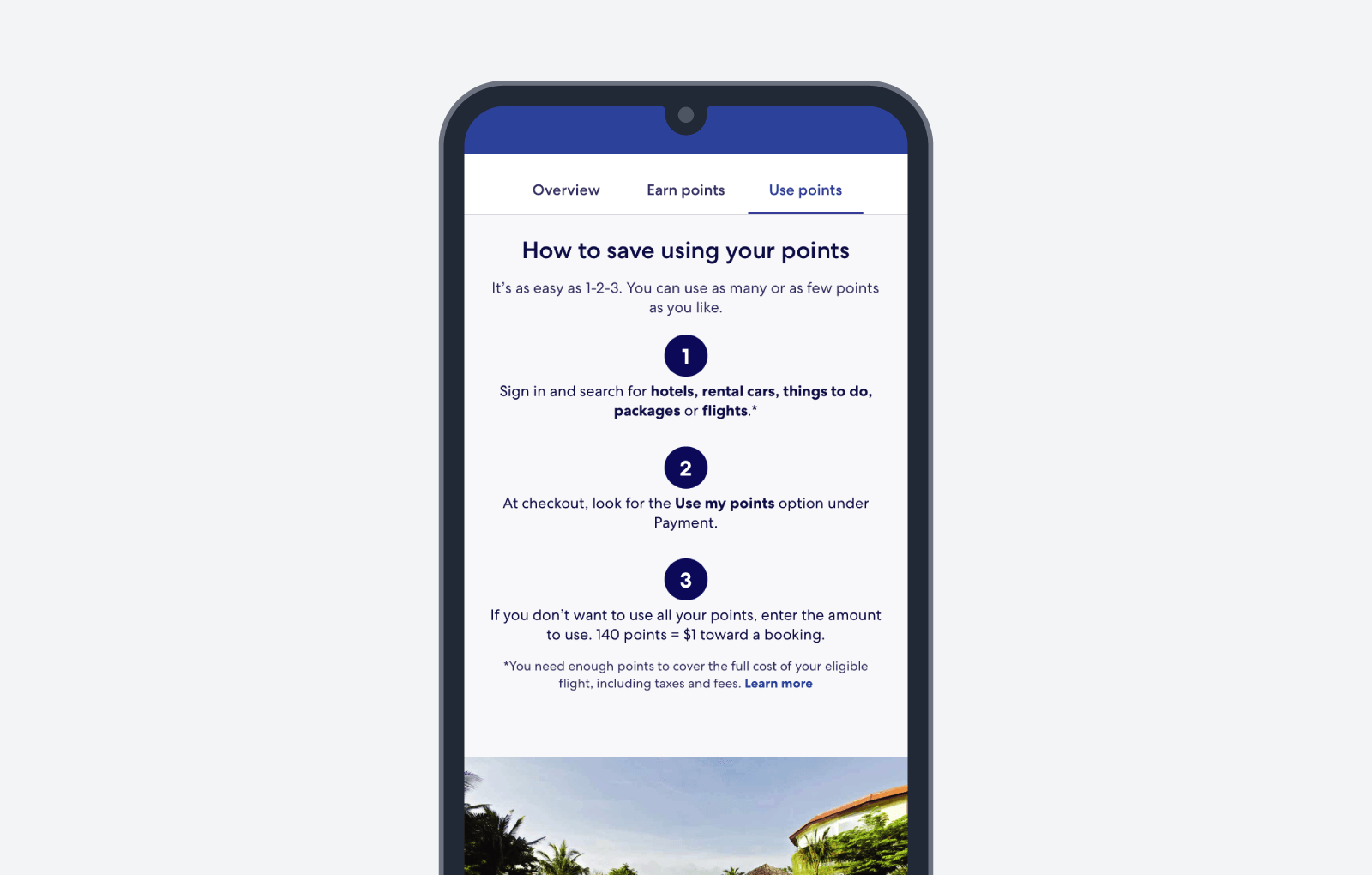
8. Chick-fil-A: Chick-fil-A One
If there’s one fast food restaurant that knows how to rack up the sales, it’s Chick-fil-A. With $13.7 billion in system-wide sales in 2020*, other brands may wonder how they do it.
A big part of their success can be attributed to their loyalty program, Chick-fil-A One, which boasts 13 million active users.* With its enticing loyalty program benefits like free treats, convenient drive-thru experiences, and opportunities to gain exclusive rewards, customers keep coming back for more.
Chick-fil-A also uses their app to gain insights on customer data and feedback so they can offer an experience that is worthwhile to their customers.
Customer Loyalty Paid Program Examples
9. Amazon: Amazon Prime
A well-known paid membership program that completely changed the game is Amazon Prime. By paying an annual fee, Prime members get access to free two-day shipping on millions of products as well as access to their video streaming service.
While big retailers like Walmart and Target are main competitors, Prime memberships are how Amazon differentiates themselves from other similar brands.
Online shopping offers the convenience of shopping directly from your device in the comfort of your home. Free shipping makes it just as affordable as traditional in-store shopping.
This makes Amazon Prime a customer’s primary shopping choice, since the value of Prime outweighs the annual fee. An upfront investment also encourages customers to validate their purchase by spending more on the brand.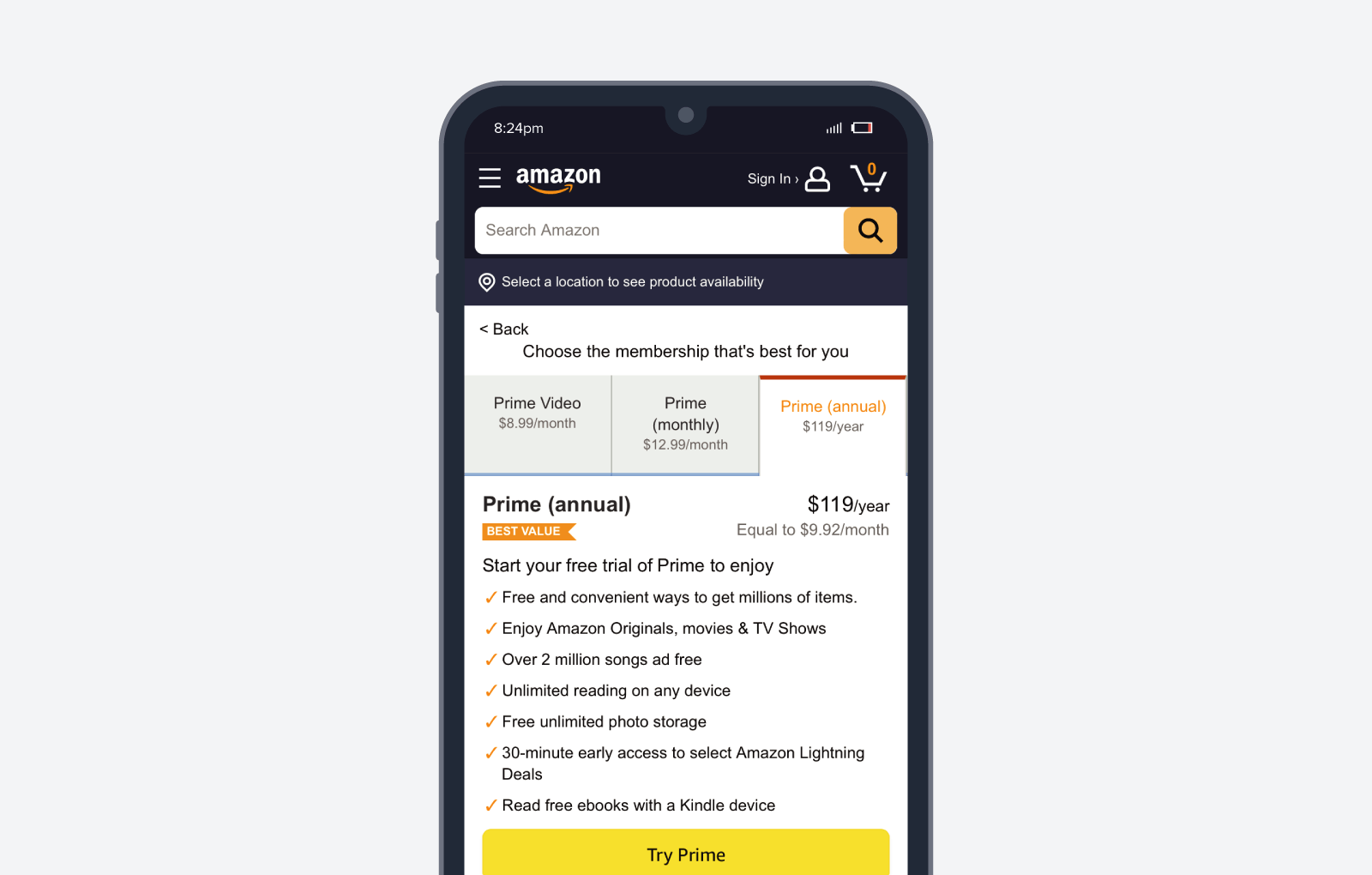
You might like to read: Retail and store loyalty programs and how they help drive long-term customer retention.
10. REI Co-op: Co-op Membership
Although the main point of a customer loyalty program is to convince customers to spend more money on a brand, the best customer loyalty programs drive real value to their customers.
REI’s Co-op Membership program does just that by allowing customers to gain access to rewards from 10% back on all purchases to discounts on experiences like adventure trips and classes — all for a $20 lifetime membership.
This is a great customer loyalty program example that demonstrates a financially viable way to be generous to their valued customers.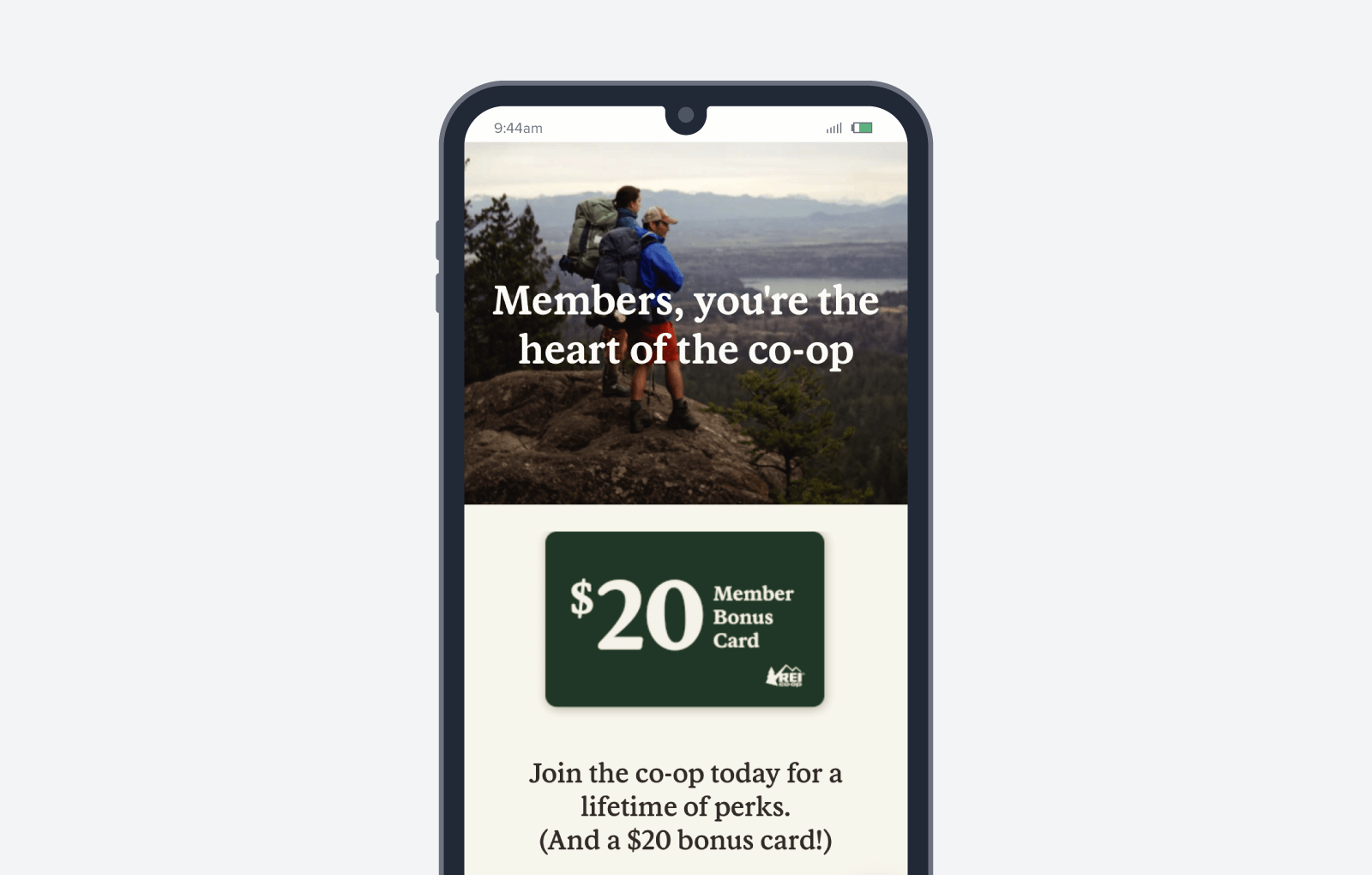
11. GrubHub: GrubHub+
The convenience of getting food delivered straight to your door is unmatched, but the delivery fees tend to add up pretty quickly if done too often.
GrubHub recognized that and now offers their monthly subscription called GrubHub+, where users get unlimited free delivery on eligible orders and exclusive rewards. They even offer a donation match program where customers can opt to donate their change to charity and GrubHub will match every cent.
For customers who love the convenience of takeout, the value of the program outweighs the cost of the monthly subscription.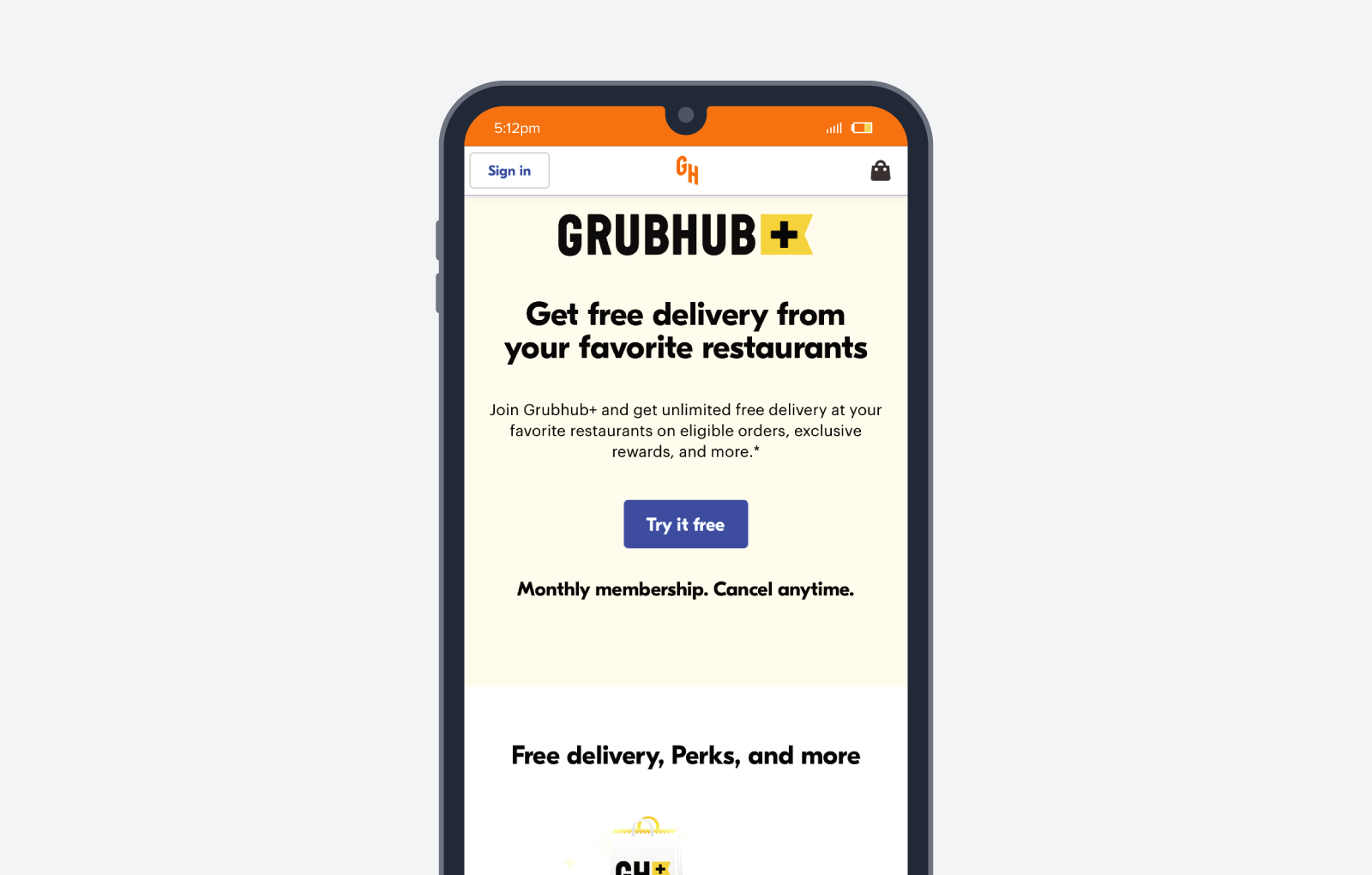
Customer Loyalty Value Program Examples
12. Ben & Jerry’s: Flavor Fanatics
There’s nothing sweeter than an ice cream loyalty program, but Ben & Jerry’s adds the cherry on top with a strong social mission. By signing up for their Flavor Fanatics rewards program, customers can get 10% off every purchase along with extra perks like free cones and insider scoop.
Along with rewards like discounts and free birthday cones, Ben & Jerry’s also advocates for social justice with special flavors like Save Our Swirled! for the global climate movement and I Dough, I Dough for marriage equality.
Not only do they have social justice-themed flavors, but they also donate sales to charities that support the environment, social programs, animal welfare, and other causes.
Aligning with a mission allows them to build customer engagement and drive repeat purchases through the shared values of their customers.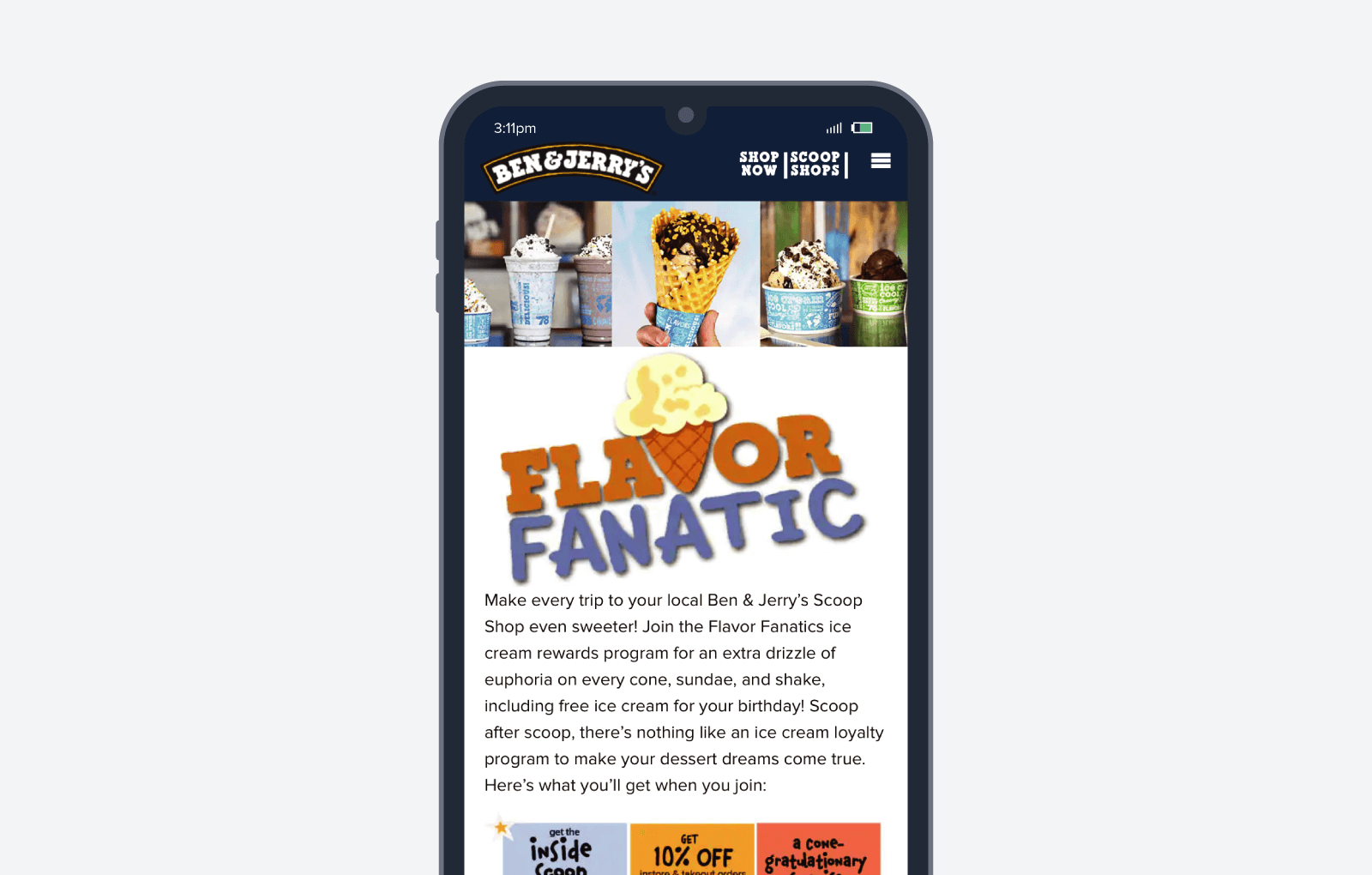
13. The Body Shop: Love Your Body Club
The ethical beauty brand The Body Shop believes that business can be a force for good. So when they developed their loyalty program, they made it easy for customers to gain rewards while also having the option to donate.
As a member of their Love Your Body Club, customers earn a point for every dollar spent. Once they’ve reached 100 points, they’ll get a $10 reward to spend. However, customers have the option to donate their $10 reward to one of their charity partners.
Not only does this solidify the brand’s image, but it can also increase customer engagement and brand loyalty since consumers’ values are reflected in the program.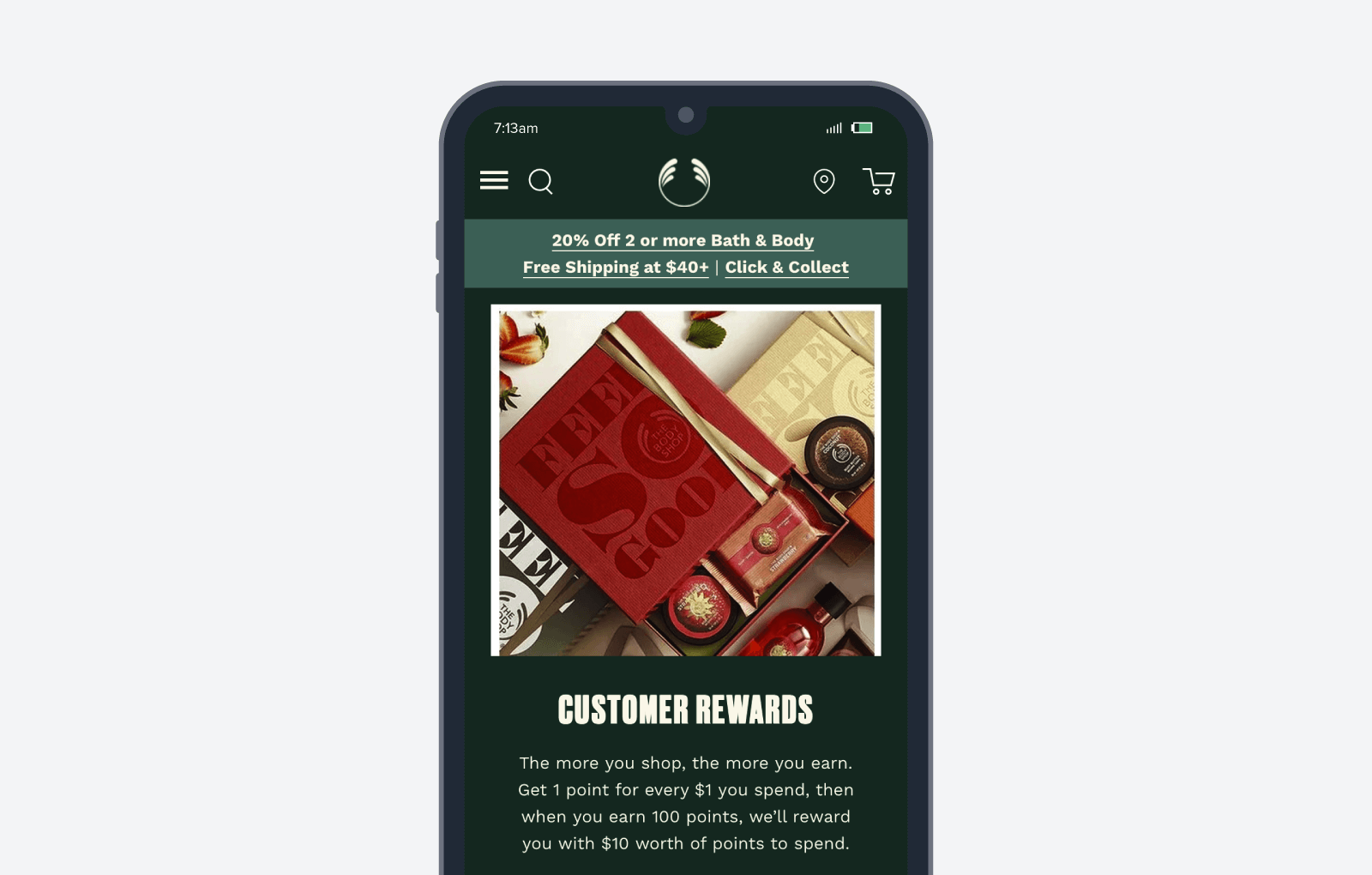
Takeaway From These Customer Loyalty Program Examples
A customer loyalty program is a great way to attract and retain repeat customers as it encourages engagement, increases customer retention rates, and helps brands gain valuable insights on their customers. The above customer loyalty program examples goes to show how making each interaction personal and valuable, starting with individualized emails and product recommendations help customers get exactly what they are looking for.
Infographic
Shivkumar M 
Head Product Launches, Adoption, & Evangelism.Expert in cross channel marketing strategies & platforms.
Free Customer Engagement Guides
Join our newsletter for actionable tips and proven strategies to grow your business and engage your customers.



